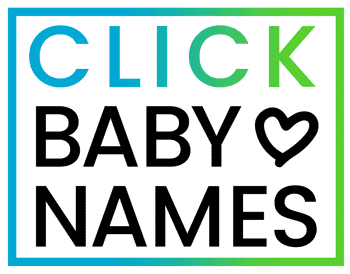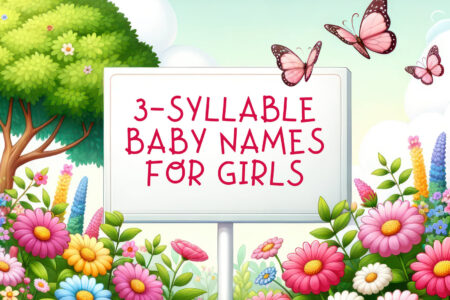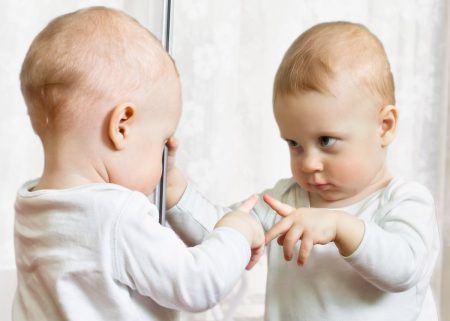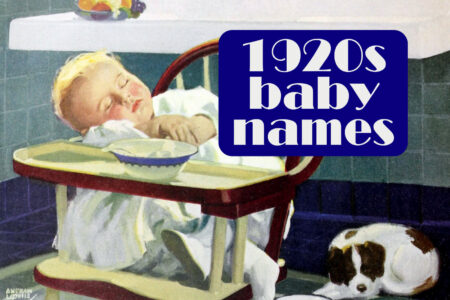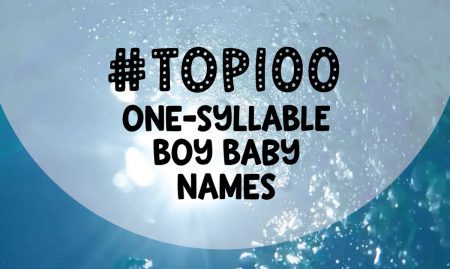The classic charm of Cora
Choosing a name for your expected little one can feel like a delicate balance between tradition and modernity.
You may be looking for a name that’s timeless yet not too common, evocative yet not too complex.
Cora’s popularity
Cora has a vintage charm that’s been appealing to parents for generations.
Its popularity surged in the late 19th century and, like many classic names, has seen a resurgence in recent years.
Cora is experiencing a renaissance, often appearing on parents’ shortlists as they seek out names with historical depth but a contemporary feel.
While it may not currently be in the Social Security top 100, Cora maintains a steady presence within the top 1000, showcasing its appeal.
Cora in the spotlight
Cora’s appeal is partly due to its association with a range of notable figures and characters:
- Cora Coralina, pen name of the Brazilian writer Anna Lins dos Guimarães Peixoto Bretas
- Cora Combs, an American professional wrestler
- Cora Greenberg, an American child welfare advocate
- Cora Crawley, the Countess of Grantham from the hit TV series “Downton Abbey”
- Cora Munro from the film “The Last of the Mohicans”
- Cora Smith, a character from the novel “The Postman Always Rings Twice”
Variations and nicknames
The name Cora comes with an array of variations and nicknames that cater to different tastes and cultural backgrounds:
- Coralee
- Coralia
- Coraline
- Corey
- Corrie
- Corrine
Modern variants of the name experiment with spelling, and you might encounter forms like Kora or Korra, which maintain the name’s phonetic integrity while giving it a contemporary twist.
For nicknames and shorter forms, Cory or Cori can be unisex.
Internationally, you might find “Coralia” in Spanish-speaking countries or “Coralie” in French-speaking regions.
How to say it right: The pronunciation guide
Cora is pronounced as “KOR-uh,” with the emphasis on the first syllable.
It’s a two-syllable name, simple and straightforward, which may be why it’s rarely mispronounced.
It rhymes with “flora” and “Aurora,” sharing their lyrical quality.
Names with a similar ring
If you’re drawn to Cora but still considering options, here are a few names that share its sonic qualities:
- Nora
- Dora
- Laura
- Clara
- Cara
These names mirror Cora’s simplicity and vowel-rich rhythm, which may be appealing if you’re drawn to names that are both classic and feminine.
Origin of the name Cora
The name Cora has roots that reach back to ancient times. It originated from the Greek word “Kore,” which translates to “maiden.”
This term was used to refer to Persephone, the daughter of Zeus and Demeter in Greek mythology, who was both the goddess of spring and the queen of the underworld.
The duality of Persephone’s roles — embodying life and fertility as well as a connection to the afterlife — infuses the name Cora with a profound depth of meaning.
From its mythological beginnings, Cora evolved over the centuries.
In the 18th century, it gained literary fame through the character Cora Munro in James Fenimore Cooper’s novel “The Last of the Mohicans” (1826), which played a significant role in reviving the name in the English-speaking world.
This novel, set in 1757 during the French and Indian War, presented Cora as a brave and moral heroine, attributes that would appeal to any parent seeking a name with strong connotations.
In the Victorian era, the name became associated with virtues of innocence and purity, aligning with the period’s moral ideals. This association bolstered its popularity, making it a prevalent choice for girls in English-speaking countries during the 19th century.
The history of the name Cora
Charmingly youthful is Cora, modern derivative of ancient Greek. Many feminine names in Greece were merely men’s names with a feminine termination in “a” or “e,” irrespective of their meaning, and this is true of Cora, which, quaintly enough, signifies “maiden.”
However she is derived, Cora is the most feminine of names, and was given to some of the most alluring heroines of romance. Originally the name was taken from Persephone’s title “Kore,” a maiden, the Boetian poetess who won a wreath of victory at Thebes.
Corinna was the next step in the evolution of Cora, and she came about through the literary habit of reviving old Greek names, a fetish with enterprising writers in search of a fresh title for a heroine.
Madame de Stael named her brilliant Corinna after the Boetian poetess, above mentioned, and that established her fame forever in France, where she has been handed down from one French maid to another through generations of poetic fancy.
In Italy, she becomes Corinne through the “Henghist,” a chronicle of the Middle ages. Lord Byron makes her Cora in his famous poem, and through him her vogue is unquestionably established in England and America.
Modern writers favor her, both as Corinna and Cora. She is the capricious heroine of many a modern story, the most memorable example perhaps being the Cora of Booth Tarkington’s book, “The Flirt.”
Poets have never neglected her, especially the poets of the pastoral age. Her significance and the youthful charm invariably associated with her through the evolution, made her almost a synonym for rural maiden, just as Sylvia is a general term for shepherdess. “When Corinna goes a-Maying” is one of the most charming lyrics of that age, and familiar to all.
Cora’s jewel is the Diamond, which promises her protection from danger. Saturday is her lucky day, and 3 her lucky number. The daisy, signifying innocence, is the flower assigned to her.
